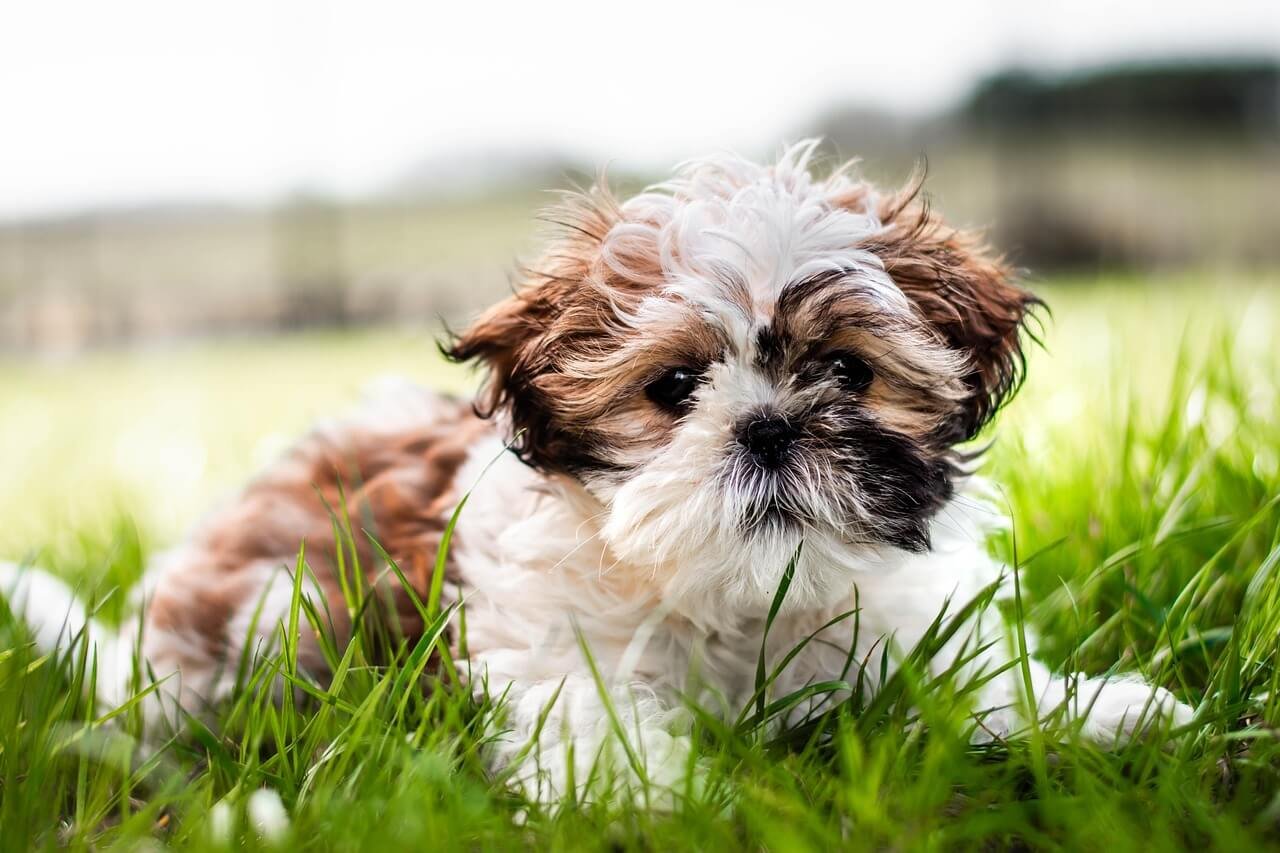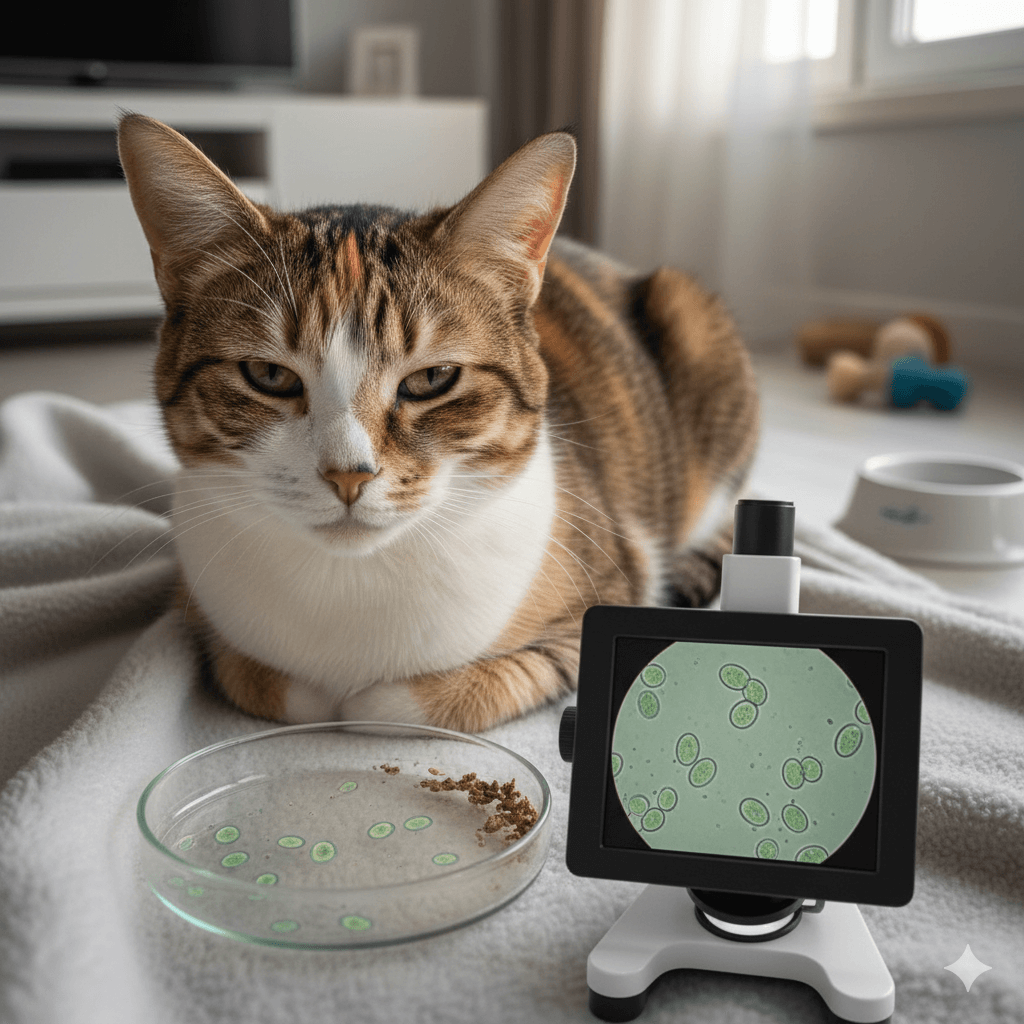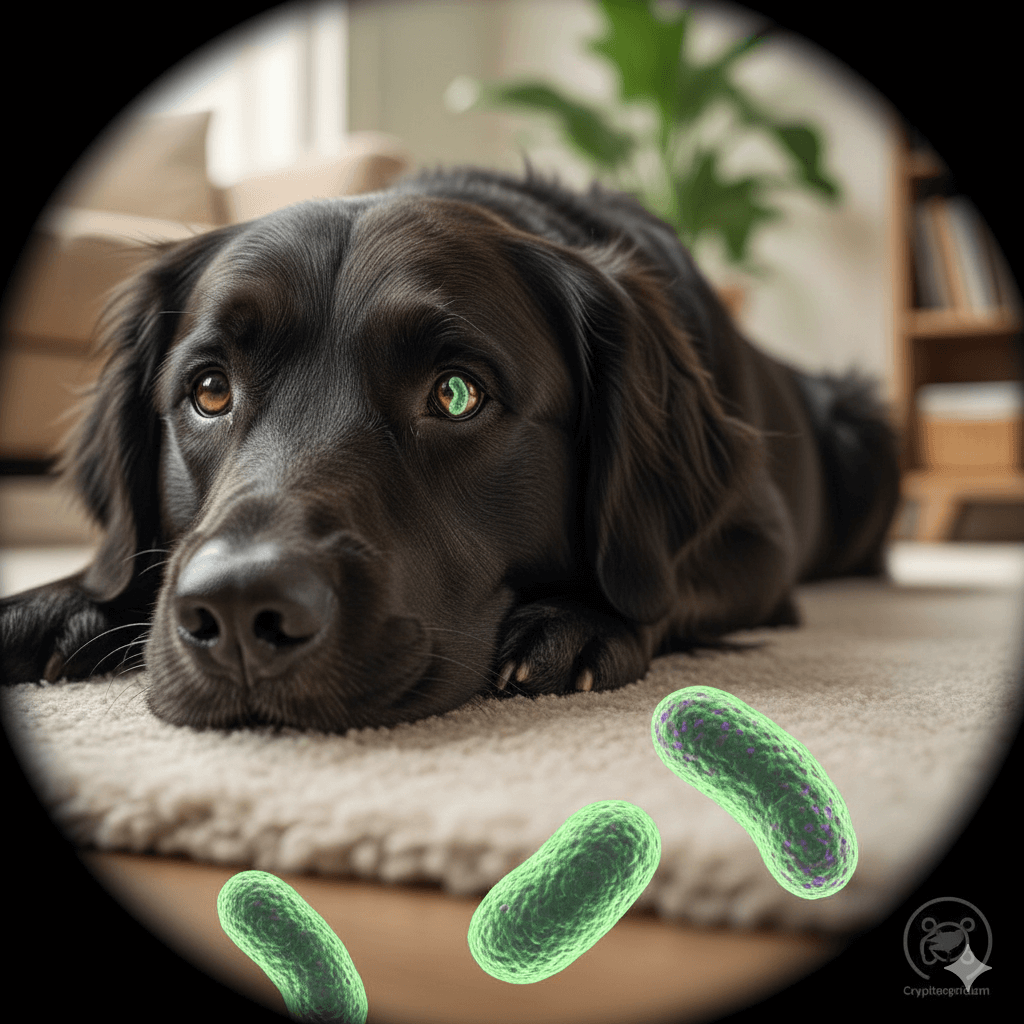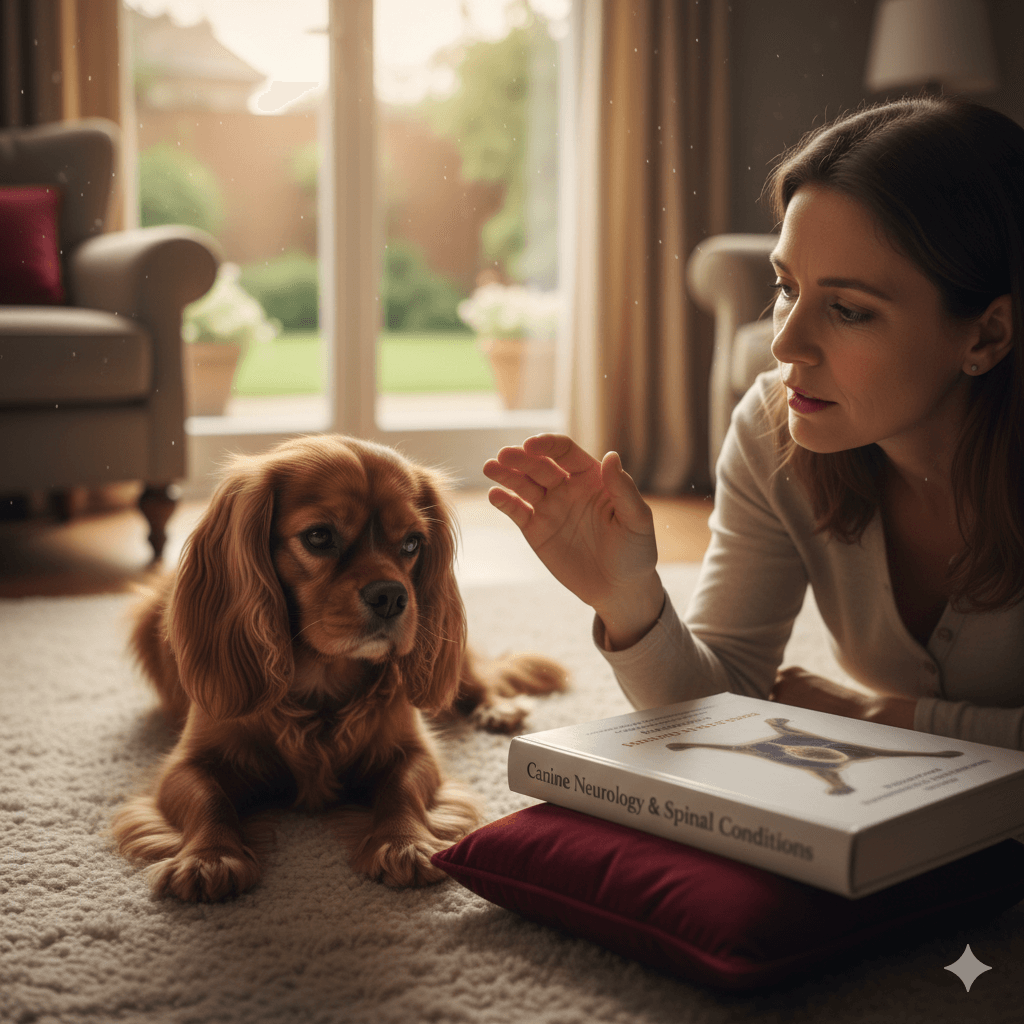Why Does My Dog Cough After Drinking Water? Understanding the Causes
It’s a common yet puzzling sight: your dog eagerly laps up water, only to start coughing moments later. While occasional coughing after drinking water might not be a cause for concern, it can sometimes signal an underlying issue that needs attention. Dogs rely on us to notice these small changes in their behavior and take action when something seems off. In this blog post, we’ll explore the possible reasons behind why your dog coughs after drinking water, how to identify potential problems, and what steps you can take to ensure your furry friend stays healthy and hydrated.
Common Reasons Why Dogs Cough After Drinking Water
Coughing after drinking water can stem from various causes, ranging from harmless habits to more serious health concerns. Here are some of the most common explanations:
Drinking Too Quickly: When dogs gulp water too fast, they may accidentally inhale some into their airways, triggering a cough reflex.
Excitement or Overactivity: A hyperactive dog may drink water in a rush, leading to coughing as they try to catch their breath.
Kennel Cough: This highly contagious respiratory infection can irritate the throat, causing coughing even during normal activities like drinking.
Tracheal Collapse: Common in smaller breeds, this condition weakens the trachea, making it harder for dogs to breathe and increasing sensitivity to water intake.
Allergies or Irritation: Environmental allergens or irritants can inflame the throat, making it more prone to coughing after drinking.
While some of these causes are benign, others may require veterinary attention. Observing your dog’s behavior and consulting a professional can help determine the root cause.
Signs That Your Dog’s Coughing May Be Serious
Not all coughing is harmless, especially if it occurs frequently or is accompanied by other symptoms. Here are signs that your dog’s coughing after drinking water could indicate a more serious issue:
Persistent coughing that doesn’t improve over time or worsens with activity.
Difficulty breathing or wheezing sounds when inhaling or exhaling.
Lethargy or lack of energy, suggesting an underlying illness or infection.
Loss of appetite or refusal to drink water due to discomfort.
Gagging or retching after coughing, which could indicate a blockage or other complications.
If you notice any of these symptoms, it’s crucial to consult your veterinarian promptly. Early diagnosis and treatment can prevent minor issues from escalating into major health problems.
Check this guide 👉Why Does My Dog Cough When Excited? Best 7 Expert Tips!
Check this guide 👉Dog Coughing Up Blood: Best 7 Health Tips!
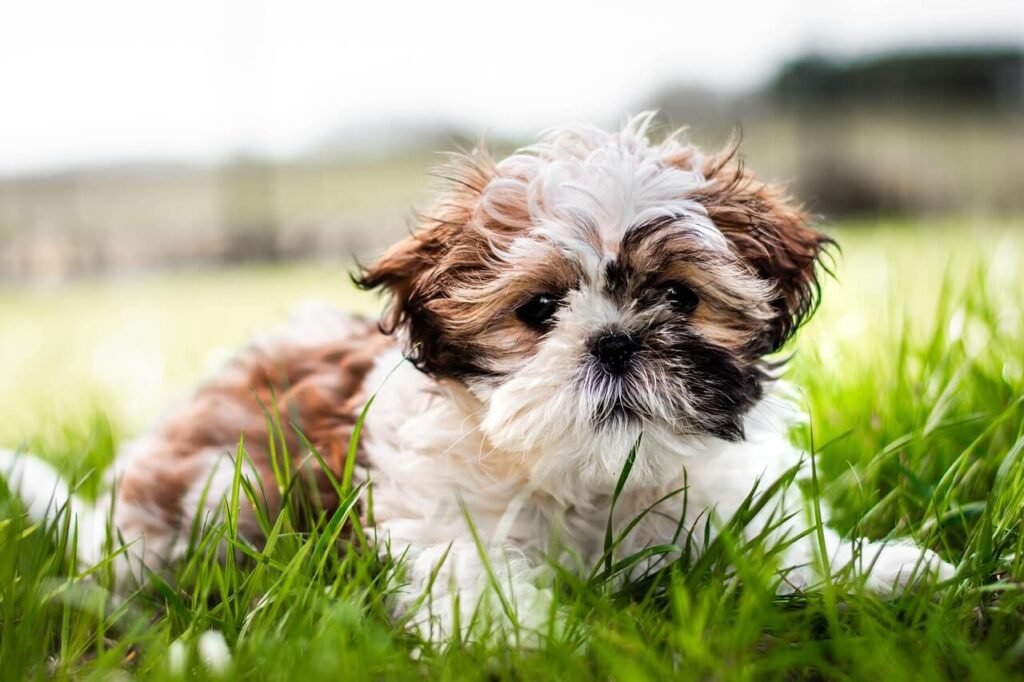
Possible Causes of Coughing | What You Can Do About It |
|---|---|
Drinking too quickly | Use a slow feeder bowl to regulate intake |
Kennel cough | Isolate your dog and consult a vet |
Tracheal collapse | Avoid collars; use a harness instead |
Allergies or irritation | Identify and remove potential allergens |
Excitement or overactivity | Calm your dog before allowing them to drink |
How to Prevent Coughing After Drinking Water
Taking proactive steps can help reduce or eliminate your dog’s tendency to cough after drinking water. Here are some practical tips to keep your pup safe and comfortable:
Use a Slow Feeder Bowl: These bowls have ridges that force dogs to drink more slowly, reducing the risk of inhaling water.
Encourage Calm Behavior: Train your dog to stay calm before and during water breaks to avoid overexcitement.
Monitor Hydration Levels: Ensure your dog has access to fresh, clean water at all times to prevent dehydration and frantic drinking.
Switch to a Harness: If your dog has a collapsing trachea, using a harness instead of a collar can ease pressure on their throat.
Keep Allergens at Bay: Regularly clean your home and bedding to minimize exposure to dust, pollen, or other irritants.
By implementing these strategies, you can create a safer environment for your dog and reduce the likelihood of coughing episodes.
When to Seek Veterinary Care
Knowing when to seek professional help is essential for ensuring your dog’s well-being. While occasional coughing might not be alarming, certain scenarios warrant immediate attention. Here are situations where you should contact your veterinarian:
The coughing persists for more than a few days without improvement.
Your dog shows signs of pain or distress while drinking water.
There is visible swelling or discoloration around the throat area.
Your dog experiences fainting spells or extreme weakness alongside coughing.
Other symptoms like fever, nasal discharge, or weight loss accompany the coughing.
Prompt veterinary care can make all the difference in diagnosing and treating underlying conditions effectively. Never hesitate to reach out to a professional if you’re unsure about your dog’s health.
Exploring Additional Reasons for Persistent Coughing
While coughing after drinking water has specific triggers, dogs can also cough for a variety of other reasons unrelated to hydration. Understanding these broader causes can help you better interpret your dog’s symptoms and seek appropriate care. Here are some additional factors to consider:
Heart Disease: Conditions like congestive heart failure can cause fluid buildup in the lungs, leading to persistent coughing.
Pneumonia: Infections in the lungs can irritate airways and result in coughing, especially after physical activity or eating/drinking.
Foreign Objects: Small items like grass blades or toys lodged in the throat can trigger coughing fits during or after drinking.
Gastroesophageal Reflux: Acid reflux can irritate the esophagus, causing coughing that may coincide with drinking water.
Lungworms or Parasites: Internal parasites can infect the respiratory system, leading to chronic coughing and breathing difficulties.
If your dog’s coughing seems unrelated to drinking water, it’s important to investigate further. A veterinarian can help identify and address the root cause.
Encouraging Safe and Comfortable Water Consumption
Ensuring your dog stays hydrated is essential for their overall health, but how they drink water matters just as much as the amount they consume. Here are some tips to promote safe and comfortable hydration habits:
Provide Fresh Water Daily: Replace your dog’s water at least once a day to keep it clean and appealing.
Use Elevated Bowls: For dogs with neck or throat issues, elevated bowls can reduce strain while drinking.
Limit Distractions: Encourage calm drinking by removing distractions like loud noises or other pets during mealtime.
Monitor Water Intake: Keep an eye on how much water your dog drinks to ensure they’re neither overhydrated nor dehydrated.
Offer Water Breaks During Exercise: Provide small sips of water during and after physical activity to prevent gulping large amounts at once.
By fostering healthy hydration habits, you can minimize the risk of coughing episodes and support your dog’s overall well-being.
Why Emotional Well-Being Matters for Dogs with Health Concerns
Coughing after drinking water can be stressful for both you and your dog. Providing emotional support is just as important as addressing physical symptoms to ensure your furry friend feels safe and loved. Here are ways to nurture your dog’s mental health during this time:
Stay Calm and Reassuring: Dogs pick up on their owner’s emotions, so staying calm can help reduce their anxiety during coughing episodes.
Create a Routine: Establishing a predictable schedule for meals, walks, and water breaks can provide a sense of security.
Use Positive Reinforcement: Reward your dog with treats or praise when they drink water calmly to encourage good behavior.
Provide Comfort Items: Offer soft bedding or favorite toys to help them relax if they seem stressed or uneasy.
Spend Quality Time Together: Engage in gentle play or cuddles to strengthen your bond and reassure your dog that they’re safe.
Emotional well-being plays a vital role in your dog’s recovery and overall happiness. By fostering a supportive environment, you can help them feel more at ease despite any health challenges.
Frequently Asked Questions About Dogs Coughing After Drinking Water
Is it normal for my dog to cough after drinking water?
Occasional coughing is usually harmless, but frequent or persistent coughing may indicate an underlying issue.
What causes a dog to drink water too quickly?
Excitement, thirst, or competition with other pets can lead to rapid drinking, increasing the risk of coughing.
Could my dog’s breed affect their tendency to cough?
Yes, smaller breeds like Pugs and Yorkshire Terriers are more prone to tracheal collapse, which can cause coughing.
How can I tell if my dog has kennel cough?
Look for symptoms like a dry, hacking cough, sneezing, or nasal discharge, especially after exposure to other dogs.
Can allergies cause my dog to cough after drinking water?
Yes, environmental allergens can irritate the throat, making it more sensitive to water intake.
Final Thoughts: Ensuring Your Dog Stays Healthy and Happy
Coughing after drinking water can range from a harmless quirk to a sign of a more serious condition. By understanding the potential causes and taking proactive measures, you can help your dog enjoy mealtime and hydration without discomfort. Always trust your instincts—if something seems off about your dog’s behavior, don’t hesitate to seek professional advice. With love, care, and attention, you can ensure your furry companion stays healthy, happy, and free from unnecessary coughing episodes. Remember, your vigilance is key to their well-being!
Understanding Cryptosporidium in Cats: Best 7 Expert Tips! – Spot symptoms, treat safely, and stop parasite spread in your home.
Understanding Cryptosporidium in Dogs: Best 7 Expert Tips! – Learn symptoms, treatment & prevention for this stubborn gut parasite.
Understanding Syringomyelia in Cats: Best 7 Expert Tips! – Recognize signs, manage pain, and support your cat’s neurological health with vet-backed guidance.
Understanding Syringomyelia in Dogs: Best 7 Expert Tips! – Expert insights on symptoms, MRI diagnosis, pain management & quality of life.

